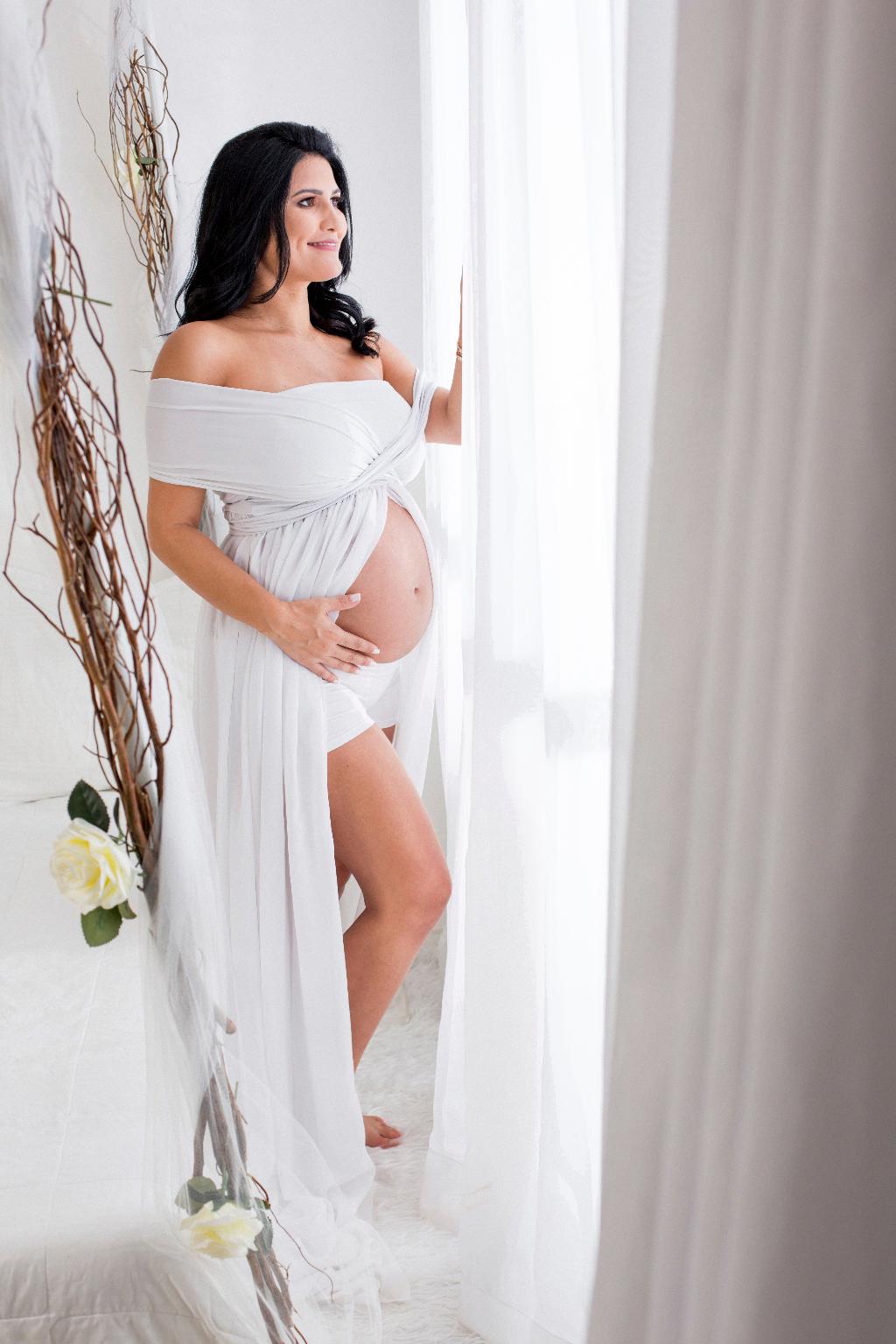When you notice your cat becoming excessively clingy as you navigate your pregnancy journey, it may initially seem puzzling and overwhelming. However, there are several key reasons behind this behavior that can shed light on your feline friend’s actions.
Cat’s Incredible Sensory Abilities
Cats possess remarkable sensory abilities that far exceed our own, enabling them to pick up on subtle changes in their environment. When you’re pregnant, your cat may detect hormonal shifts, changes in body temperature, and even differences in your scent, all of which contribute to their heightened awareness of your condition.
Emotional Bonds and Instinctual Responses
As creatures of habit, cats thrive on routines and familiar interactions. Your pregnancy disrupts the status quo, prompting your cat to seek reassurance and closeness to mitigate any feelings of uncertainty or anxiety. By staying close to you, they instinctively attempt to provide comfort and support.
Security and Protection
For your cat, you represent security and protection in their world. During your pregnancy, when they sense changes occurring, especially if you exhibit signs of physical discomfort or fatigue, they may intensify their clinginess as a means of safeguarding you and ensuring your well-being.
Intuitive Responses to Stress
Cats are highly perceptive animals that can detect shifts in your emotional state. The stress and physical changes associated with pregnancy may inadvertently affect your demeanor, triggering a response from your cat seeking to alleviate any tension or unease you may be experiencing.
Maternal Instincts in Action
Your cat’s behavior during your pregnancy can also be attributed to their innate maternal instincts. They may sense the impending arrival of a new family member and instinctively position themselves as protectors or caretakers, forming a bond with you and the unborn child.
Seeking Attention and Affection
During pregnancy, your energy levels and availability for your cat’s usual attention may fluctuate. In response, your cat may become clingier as a way to garner the affection and interaction they crave, ensuring they remain a central part of your daily life despite the changes.
Changes in Routine and Environment
Your pregnancy often entails alterations in your daily routine, such as visits to the doctor, changes in sleeping patterns, and adjustments to your living space. Cats are creatures of habit and may react to these changes by seeking closer proximity and reassurance from you.
Bonding Through Physical Contact
Physical contact, such as petting, grooming, and snuggling, plays a pivotal role in the bond between you and your cat. During pregnancy, your cat’s increased clinginess may stem from a desire for physical closeness and the comfort derived from these tactile interactions.
Comfort in Familiar Scents
Your cat’s sense of smell is highly developed, allowing them to associate scents with emotions and memories. During pregnancy, your cat may seek solace in your familiar scent, further reinforcing their need to stay close to you as a source of comfort and security.
Adapting to Changing Dynamics
As you progress through your pregnancy, it’s essential to acknowledge and accommodate your cat’s increased clinginess by providing reassurance, attention, and opportunities for bonding. By understanding the reasons behind their behavior, you can strengthen your relationship and ease any tensions during this transformative period.
Embracing Your Cat’s Support
Ultimately, your cat’s clinginess during your pregnancy signifies their deep connection to you and their instinctual response to the changes unfolding in your life. Embrace their support, cherish the bond you share, and navigate this journey together with patience, understanding, and love.

